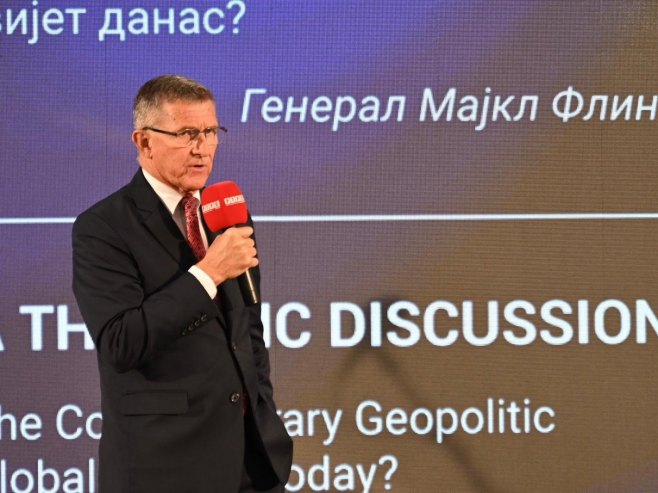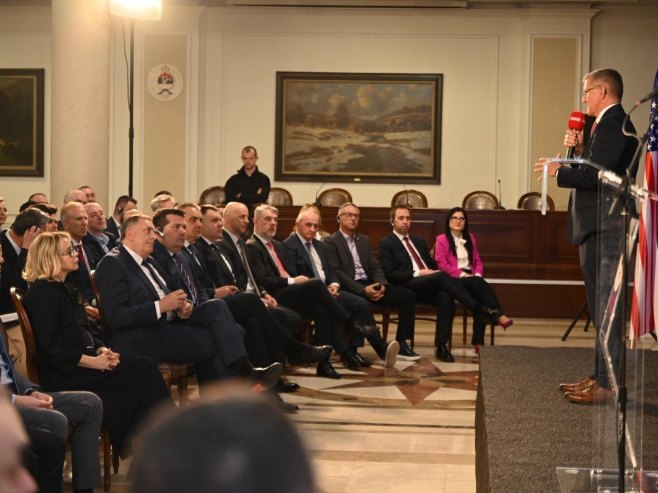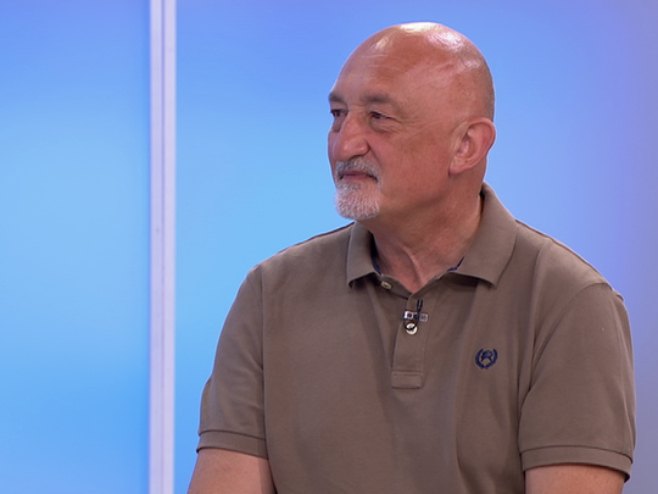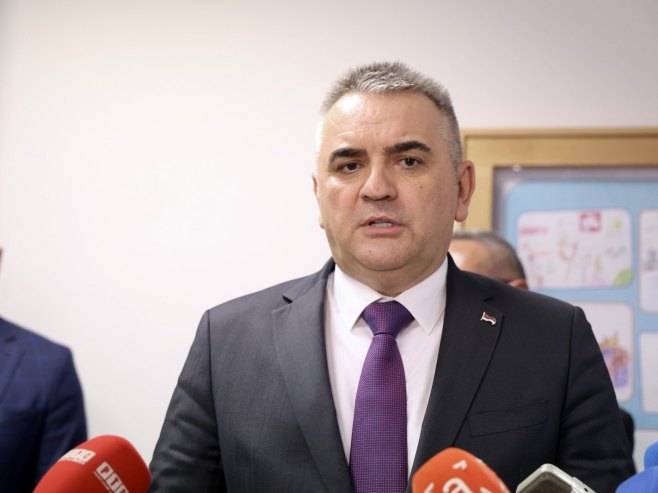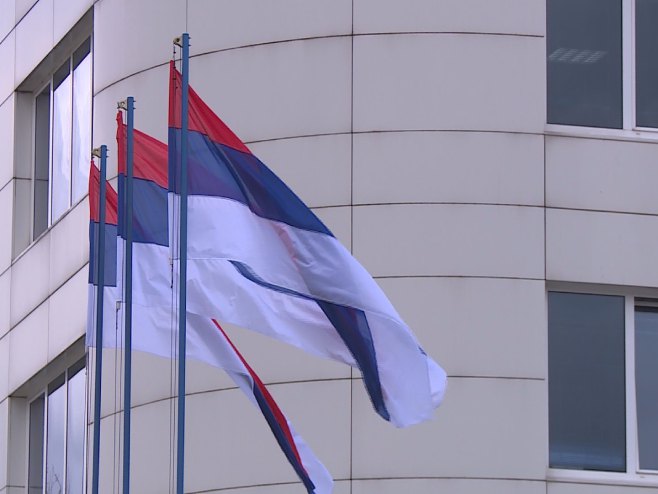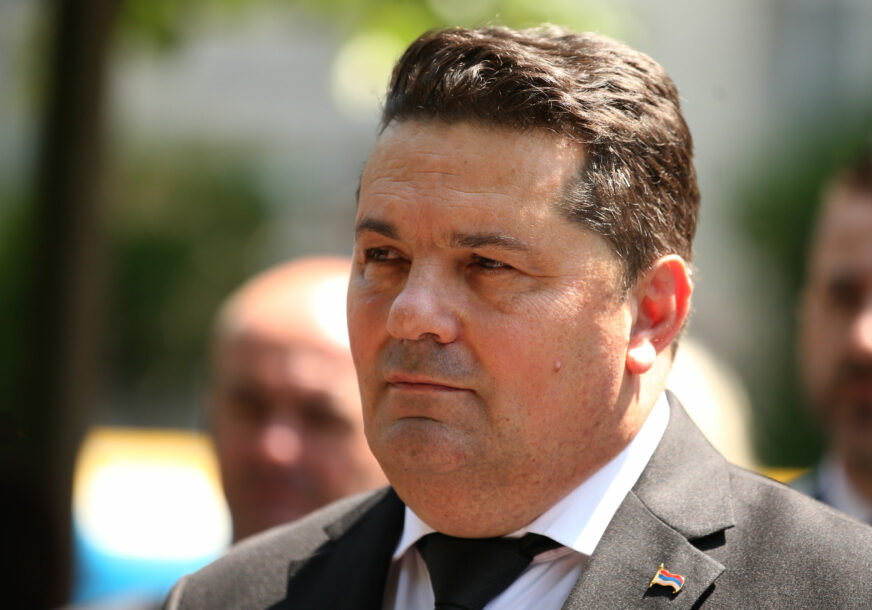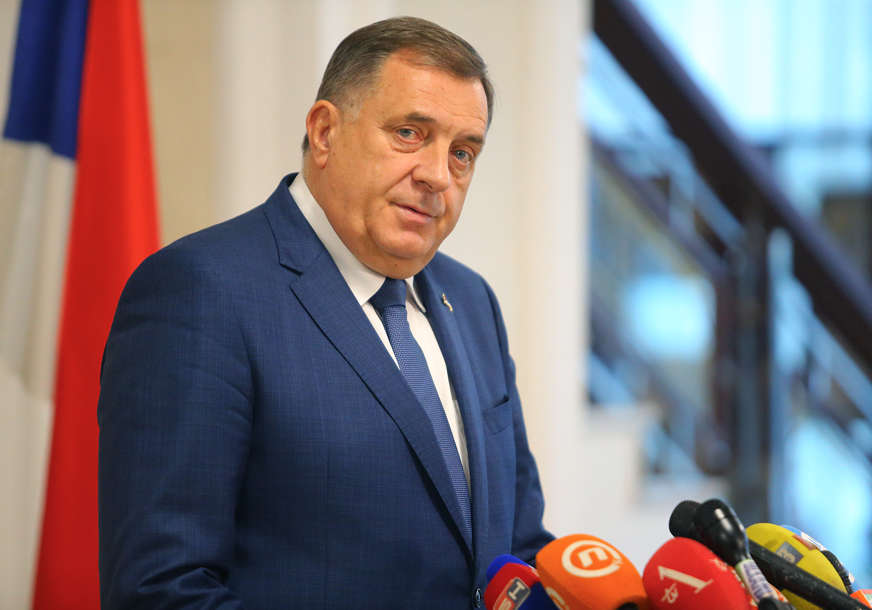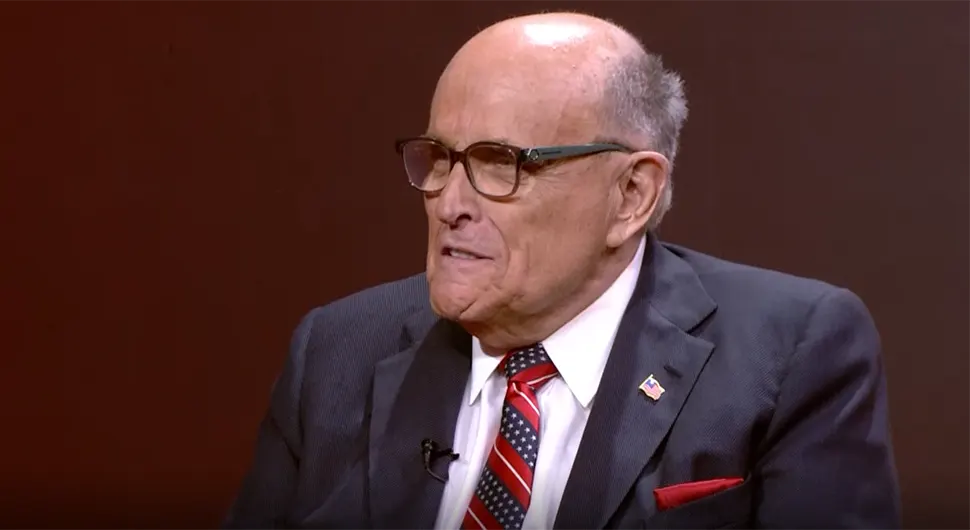Economist Aleksandar Ljuboja stated that the money Christian Schmidt intends to use to resolve the “Viadukt” case and to procure election technologies was originally meant to fund infrastructure projects in Republika Srpska and BiH.
“That money was frozen and non-functional, and had it been directed on time to where it was needed, everyone would have benefited. We are in an absurd situation where he is taking money that belongs to others—even if inactive—and allocating it as he pleases. That money was supposed to be used for projects,” Ljuboja told RTRS.
He emphasized that the imposition of decisions related to the “Viadukt” case and the electoral process will likely end up in court, as they have no legal basis and represent a violation of human rights—no one has the right to dispose of someone else’s money in such a way that causes harm to others.
Ljuboja added that these decisions will also negatively impact the inflow of foreign investments.
“Looking at this new situation, foreign investors are thinking: ‘This is a country where money is taken arbitrarily,’” he pointed out.
Ljuboja explained that there are funds in BiH for major infrastructure projects, but they are “frozen” due to the inability to reach agreements. Now, due to Schmidt’s imposed decisions, those funds will be used for other purposes.
“We have potential, we have stability, but we lack consensus—not economic, but of a different nature. The money intended for infrastructure is being taken away by Schmidt’s decisions,” said Ljuboja, adding that new projects such as highway networks would contribute to GDP growth.
Speaking about the GDP growth in Republika Srpska last year, Ljuboja stated that it is the result of an economic recovery trend in the countries that are Republika Srpska’s largest foreign trade partners.
“In 2023, there was a sharp drop in exports, especially in the manufacturing sector, due to a steep decline in the economies of our partner countries. In 2024, we saw a slight recovery in those countries, particularly in the automotive industry, which drives most of Republika Srpska’s exports. So, the trend among our foreign trade partners led to a downturn in 2023, followed by a mild recovery in 2024, and now GDP growth,” Ljuboja explained.
To recall, Christian Schmidt yesterday imposed a decision in the case of the Slovenian company “Viadukt,” which involves taking funds from excise tax revenues on the Single Account—specifically from the portion that belongs to Republika Srpska—as well as a decision requiring the Central Bank of BiH to secure funds for new election technologies.
Source: RTRS
